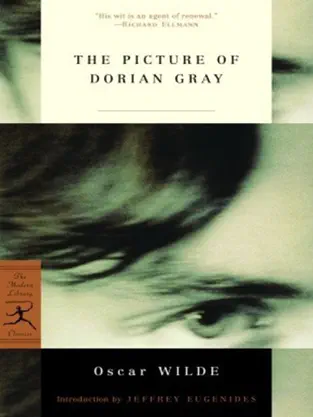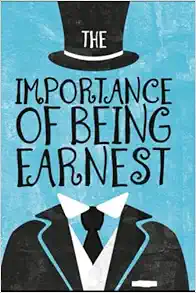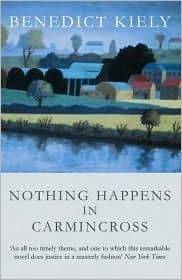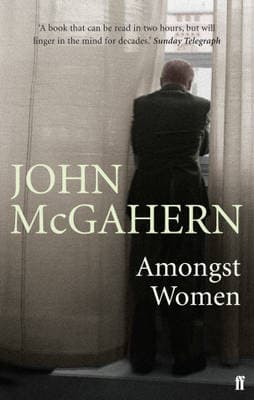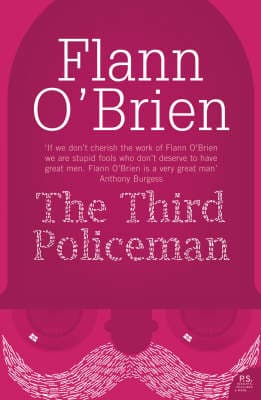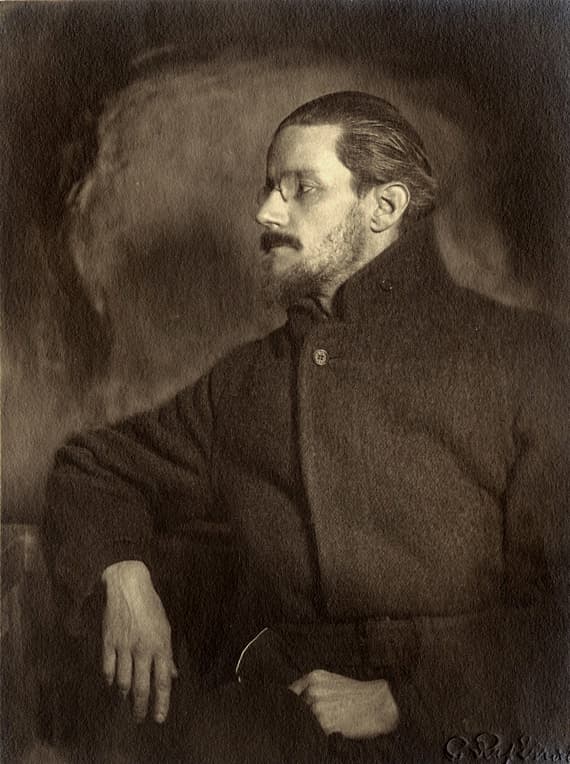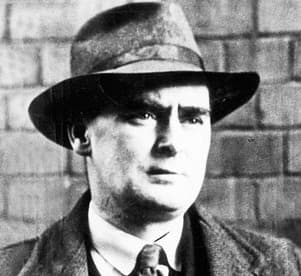
Oscar Wilde
Oscar Wilde (1854-1900) was an Irish playwright, novelist, essayist, and poet renowned for his wit, flamboyant style, and brilliant conversational abilities. Born in Dublin, he became one of London's most popular playwrights in the early 1890s. Wilde is best known for his sharp wit, epigrammatic style, and his role as a leading proponent of aestheticism, a movement that advocated for art's sake alone.
Wilde's literary output spans a range of genres, including drama, poetry, criticism, and fiction. His only novel, The Picture of Dorian Gray (1890), is a classic of Western literature and a seminal work in the aesthetic and decadent movements. The novel, with its themes of duplicity, moral duplicity, and the nature of beauty, was controversial at the time of its publication but has since been recognized as a masterpiece.
His plays, particularly The Importance of Being Earnest (1895), An Ideal Husband (1895), Lady Windermere's Fan (1892), and A Woman of No Importance (1893), are celebrated for their sharp wit, social satire, and insightful commentary on Victorian society. These works remain staples of English-language theater for their enduring humor and their incisive exploration of social hypocrisies and human relationships.
Wilde's life was as dramatic and controversial as his work. His conviction for gross indecency due to his homosexual relationships led to his imprisonment and eventual downfall. Despite this, Wilde remained an iconoclastic figure, challenging social norms and championing the aesthetic movement until his death.
Today, Oscar Wilde is remembered not only for his literary contributions but also as a symbol of individualism and a martyr for the cause of LGBTQ rights. His works and his life continue to fascinate, inspiring countless adaptations and studies of his art, wit, and unique perspective on society and culture.
